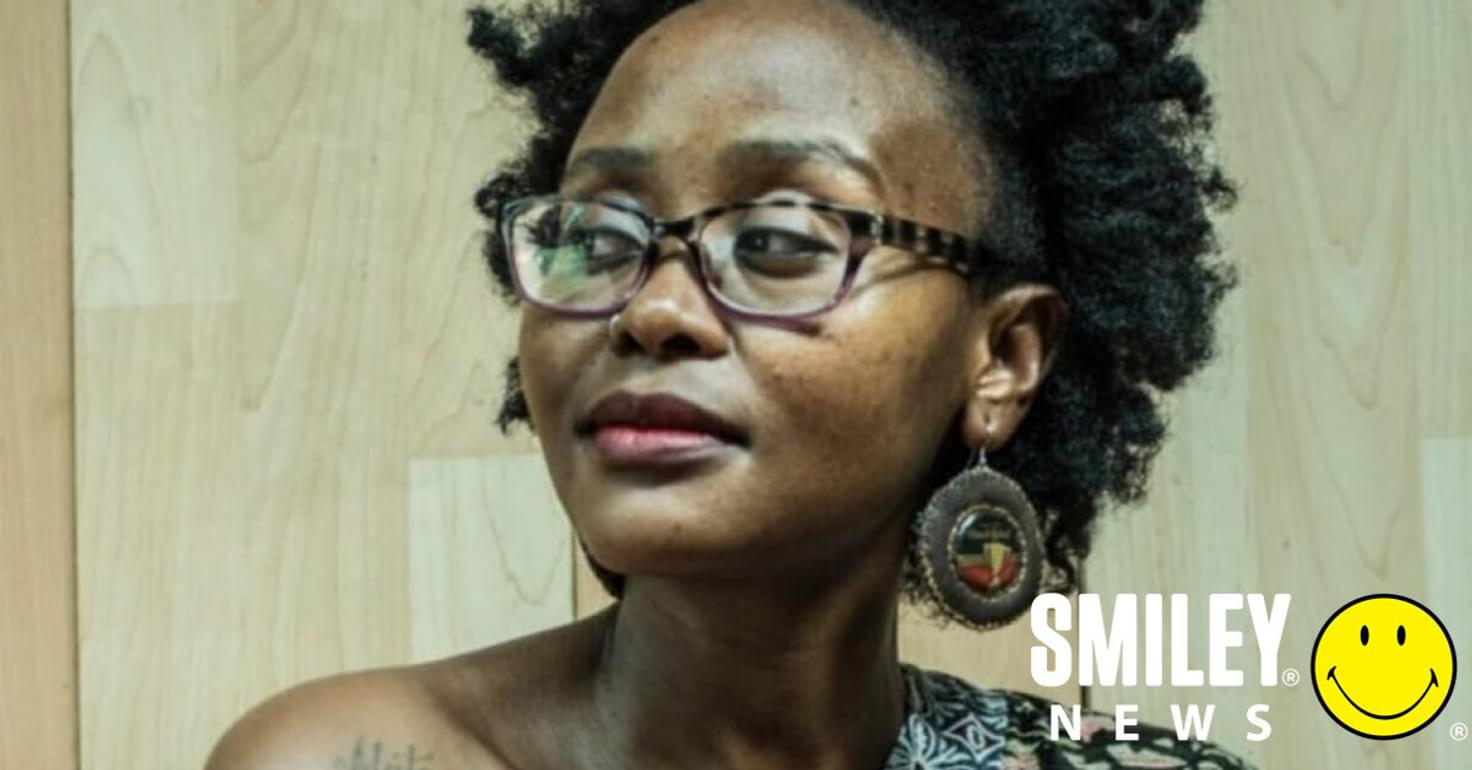
Words by Smiley Team
The sassily named Pink Panther movement launches this month after pulling together a network of thousands of South African women. A grassroots collective with very limited resources, these brave activists tackle both gender inequalities and the climate crisis.
Based around Johannesburg, the women have two broad goals: to create a greener economy and replace the government with citizens’ assemblies. This form of direct democracy involves a panel of everyday people, selected to represent all groups in society. They are responsible for making policy decisions with the input of carefully chosen experts.
With Covid-19 restricting them to online campaigns, the Pink Panthers’ biggest success so far has been drawing up to 4,000 women to their movement each month via social media networking. Their members are exclusively female with a few male supporters and a group of about ten core activists who work for them full-time.
Cofounder Orthalia Kunene (pictured) said: “We believe in decentralizing power by empowering community grassroots activists to lead their own struggles and expand community engagement, strengthening participation. The decisions are made by the populations affected. Any person or group can organise autonomously. In this way, power is decentralised, meaning that there is no need to ask for permission from a central group or authority.”
Gender inequality is bound up with the climate crisis meaning that in South Africa, women and girls are worse affected by global warming. They are more likely than men to experience poverty; they lack land and property rights despite playing a larger role than men in food production, and they are more likely to care for elderly or sick relatives.
Women are also more often required to fetch water. With rising temperatures this makes their journeys longer and more dangerous; it increases the risk of rape and assault on women as they have to walk further from their homes and communities.
Kunene adds: “The disproportionate impact of climate change on women magnifies gender inequities, including political disenfranchisement and economic marginalization. Despite this women are vastly underrepresented in climate decision making positions at the United Nations global climate negotiations.”
On top of these concerns, South African activists fighting for gender and climate justice are severely hindered by the authorities. In tackling government inaction they risk being kidnapped or arrested.
The activist and writer, Kunene founded the Pink Panthers alongside a group of other women activists. Combining local spiritual knowledge with Kunene’s organising skills, they initiated the movement based on their shared concern for the climate and gender rights.
To continue meeting online and in order to organise actions, the Pink Panthers need funding for mobile data and organising materials. Donations can be made via their gofundme, launched today.
For further information email [email protected] or visit their Facebook page.